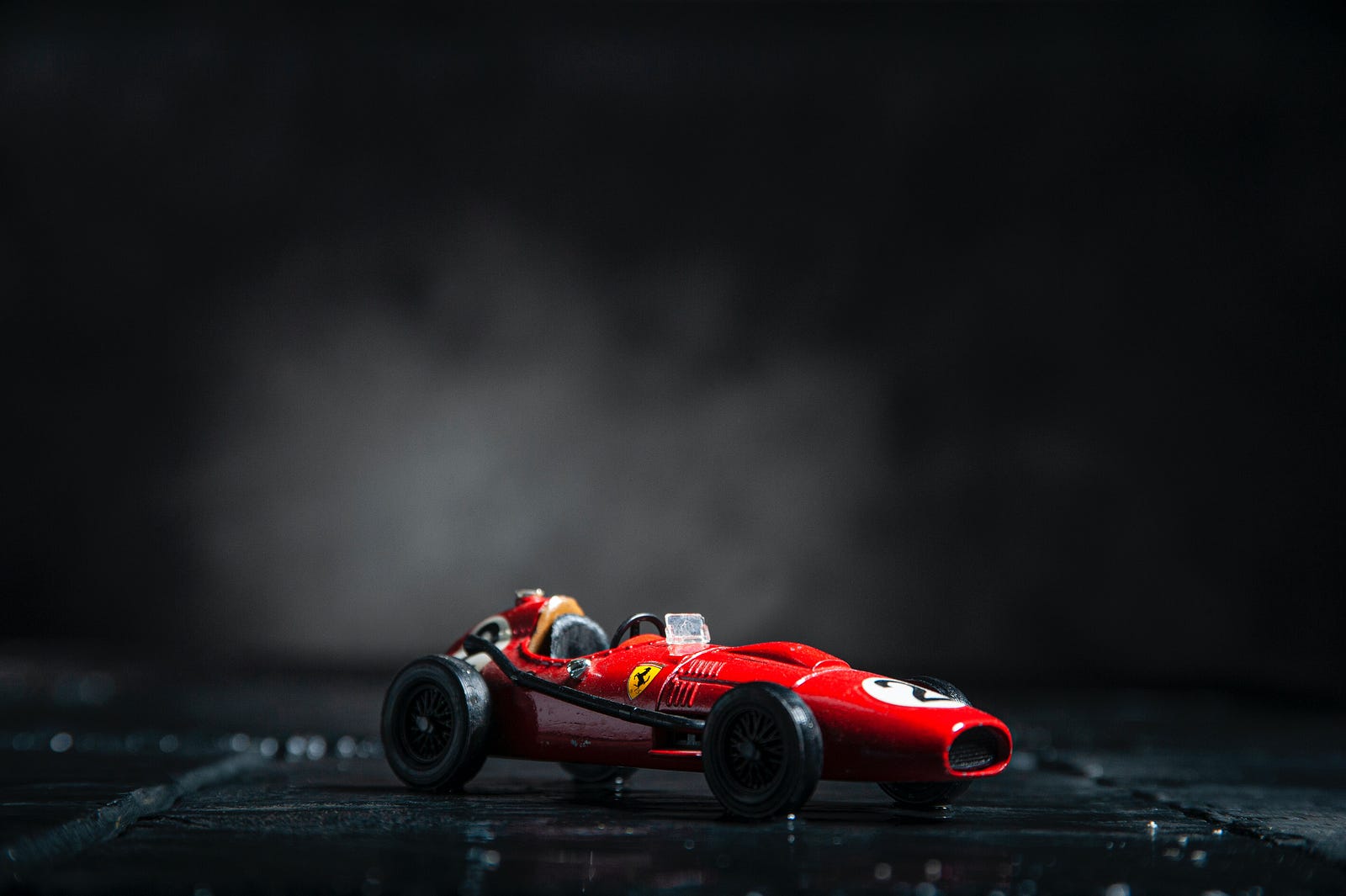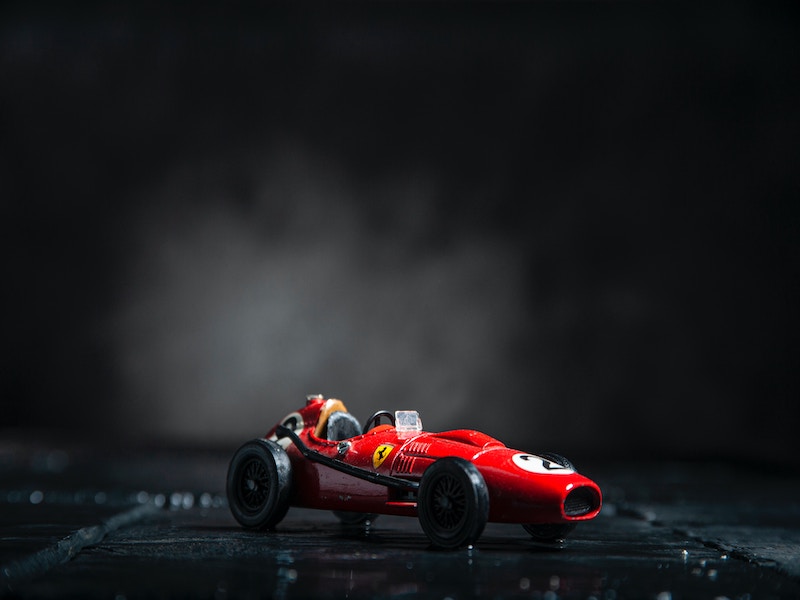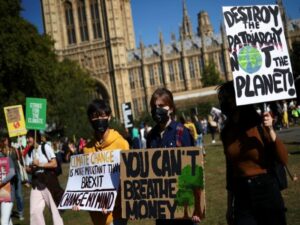Token gestures hide inconvenient truths

Formula 1 pits some of the brightest engineers against one another in a relentless technological race to eke out every last drop of performance, all in the pursuit of victory. The series is synonymous with speed, glamour, and powerful, combustion-fueled engines. It appears to represent a time we’re trying to move away from. It certainly doesn’t feel synonymous with sustainability. That’s why embracing sustainability is considered vital to maintaining the popularity of the sport. Innovation is a key part of Formula 1’s DNA, so you would imagine it would be using some of that technological wizardry to come up with an innovative approach to sustainability. And yet, one such action that’s due to come into effect in 2025 is banning tyre blankets. Yes, the blankets that are used to warm the tyres. Rather than being at the pinnacle of innovative solutions to sustainability, those tyre blankets and Formula 1’s approach to sustainability generally, are symptomatic of a society at odds with itself.
Tyre blankets don’t seem to be the most cutting-edge or radical solution, but then again, they’re hardly controversial. They will help reduce energy consumption and emissions within the sport, making the series more environmentally friendly. Sure, the ban will do that. But how does the impact of those tyre blankets weigh up against, oh, I don’t know, the fact the Formula 1 circus travels almost 82,000 miles across five different continents in the space of one calendar year? Compare the energy savings from tyre blankets to the enormous emissions created from air miles, and the ban is a token gesture, to put it mildly.
Banning tyre blankets is a marginal gain at best. But that’s exactly why the ban is coming into effect. Those tyre blankets provide a veil of legitimacy, an illusion that Formula 1 is spearheading some kind of transformation to a sustainable path. Because the thing about becoming sustainable is no one has bothered to stop and think, what exactly does a sustainable society look like? More specifically, what does a sustainable motor racing series look like? There seems to be a common consensus, within the West, anyway, that sustainability is all about reducing emissions by increasing energy efficiencies or reducing environmental impacts. And so, Formula 1’s approach revolves around doing just that.
Formula 1’s approach makes no mention of the social side of sustainability, and for good reason. Nine out of the sports twenty drivers live in Monaco. A tax haven where they pay precisely zero income tax on multi-million dollar salaries. To add some context, the sport’s highest earner, Max Verstappen, banks $60 million a year and lives in…you guessed it, Monaco. It may seem odd to raise the issue of multi-millionaire drivers living tax-free, and yet Formula 1 isn’t isolated from the society it belongs to. Inequality has been rising since the early 1980s because the rules of the game have been written to allow the rich to get richer. Meanwhile, the rest of society is left to fight over the scraps. The fact nearly half the field makes no tax contributions is a symbol of why inequality continues to increase, and why we live in societies of have’s, who seemingly have it all, and have-nots, who are increasingly struggling to make ends meet.
Meeting human needs is just as relevant to creating a sustainable society as reducing environmental impacts. But of course, drivers making tax contributions would involve a level of sacrifice none of them would ever be willing to make. It may well be far more effective than banning those pesky tyre blankets, but why would any driver voluntarily forsake earnings when the society they belong to encourages a self-serving, individualistic mentality?
Here we get to the crux of the problem. Formula 1, just like the society it belongs to, doesn’t really care about sustainability; it cares about presenting an image that it cares about sustainability. What it can and can’t do is limited by actions that don’t require any kind of sacrifice. For instance, imagine a proposed solution is to race at only one location. The action may well be highly effective in reducing emissions, but it would also take away a key feature of the series, not to mention decrease revenues and, with it, the sports profit margins. An unthinkable course of action when investors want revenues to increase. Even if it were highly effective in making Formula 1 more sustainable, whatever that even means, none of the vested interests would agree to implement such a radical solution because, quite frankly, they don’t have to. The priority for Formula 1 is the same priority as any other business. They’ll embrace sustainability to ensure the sport maintains a positive image, but don’t you dare think of any action that would hinder the bottom line. After all, that’s what every business exists for.
Formula 1 can’t be blamed for its approach to sustainability. It is merely a manifestation of a society at odds with itself. The real question that needs to be asked is, can this type of sport exist within a sustainable society? If the answer is no, then no matter what changes Formula 1 makes, it will remain part of the problem that needs to be overcome. But this is the question that simply can’t be asked because vested interests have everything to lose should it be felt that Formula 1 is incompatible with a sustainable society. The same goes for countless industries and business models. There are plenty that are incompatible with a society where human needs are met within environmental limits, and yet vested interests will refuse to accept that inconvenient truth. So they pop on that veil of legitimacy, creating an illusion they are at the forefront of change when they’re digging their heels in, desperately trying to cling onto a status quo that can’t be sustained.



